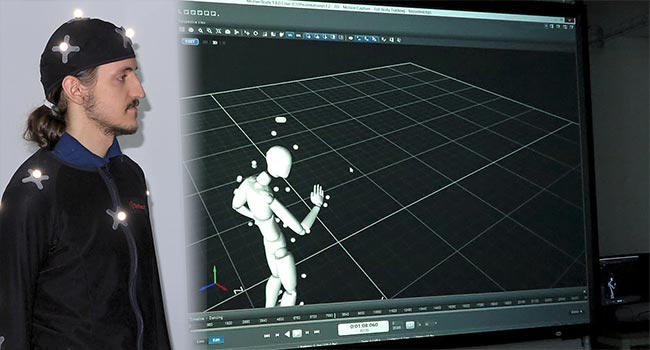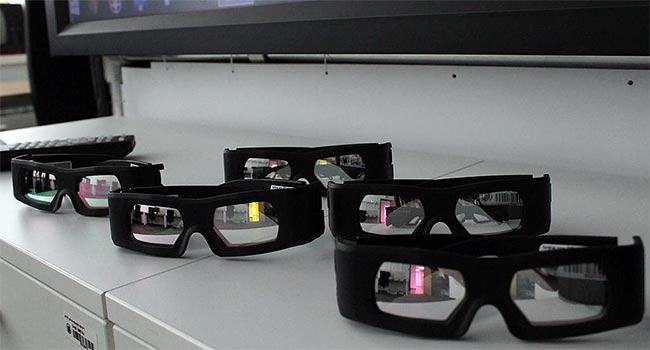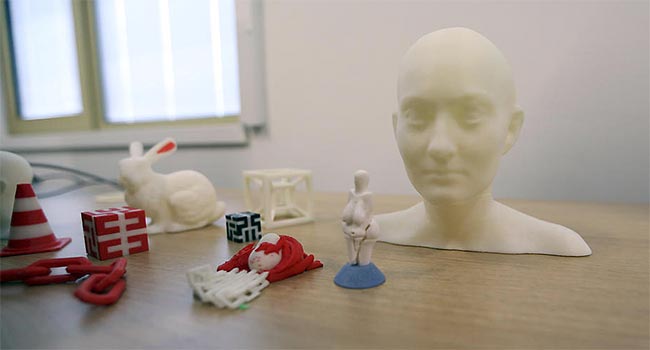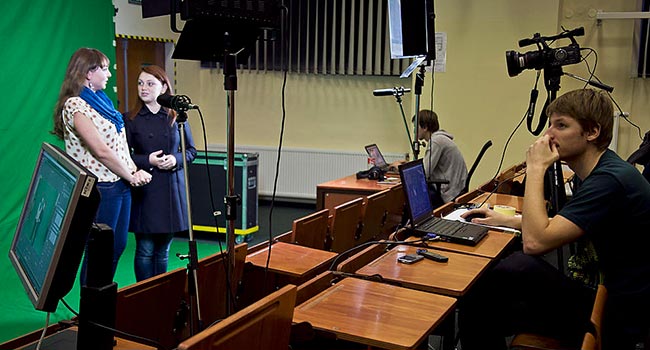Computer Graphics and Image Processing – Field of study catalogue MU
Computer Graphics and Image Processing |
This study programme is open for students who want to gain basic understanding of informatics with the emphasis on computer graphics and image processing. Students learn the principles of core algorithms and mathematical methods used for solving image rendering and processing tasks. Students get the theoretical knowledge and practical skills they can use immediately in their professional work. The graduates will be able to work as designers and programmers of computer graphics or image processing applications in the areas of modelling, visualisation, human-computer interaction or processing of images acquired by various microscopes, telescopes and industrial cameras as well as medical devices.
After successfully completing his/her studies the graduate is able to:
- explain fundamental principles of computer systems, operating systems, database systems, and computer networks;
- design algorithms and code programmes solving given problem;
- apply different approaches to work with data and/or computer systems according to given needs;
- explain the basics of computer graphics.
After the completion of their studies students can:
- Start work as Bachelor’s degree graduates as developers and/or programmers of computer graphics or image processing applications as well as in other informatics areas, with the opportunity to develop their qualifications and specific professional knowledge in accordance with employer needs,
- Continue in Master’s degree programmes with other specialisations and thus gain useful interdisciplinary knowledge,
- Continue in Master’s degree programmes in all fields of Informatics.
The standard duration of studies is six semesters. In order to be admitted to take the final state examination, students must obtain a total of 180 ECTS credits for compulsory, selective and elective courses. The compulsory courses constitute the basis of the discipline and are worth 120 credits (including credits for courses focused on writing the Bachelor’s thesis). Among the semi-optional courses, which constitute 40 credits in total, students are free to choose according to their interests and intended professional specialisation. The remaining 20 credits can be obtained from optional courses offered in the curriculum of the given study programme or from other courses offered by any other study programme.
For all students, there is an obligation to complete at least one course taught in English from the ones on offer at the department for the given level of studies.
During the course of their studies, students should follow the course catalogue for their year of matriculation. They can access the course catalogues through the faculty website.
The final state examination consists of a Bachelor's thesis defence and an oral exam aimed at checking the field-related knowledge of the students. Two questions are randomly drawn for each students before the oral exam. The student is allocated thirty minutes to answer these questions in writing. This written preparation is given to the committee and it constitutes a part of the official protocol about the final exam. Committee members are allowed to ask additional questions to the written preparation, and about other topics related to the drawn questions. The final state examination typically takes about thirty minutes, half of which is taken by the thesis defence and half by the oral exam.
More information about the final state exam and the questions can be found at the faculty website: https://www.fi.muni.cz/studies/szz_bc/.
After the completion of the Bachelor’s studies, students may choose to continue their studies in any Master’s degree programme. It is advisable to prepare for further studies field specifics by selecting wisely the elective courses during the Bachelor studies.
|
0
Students
|
207
|



